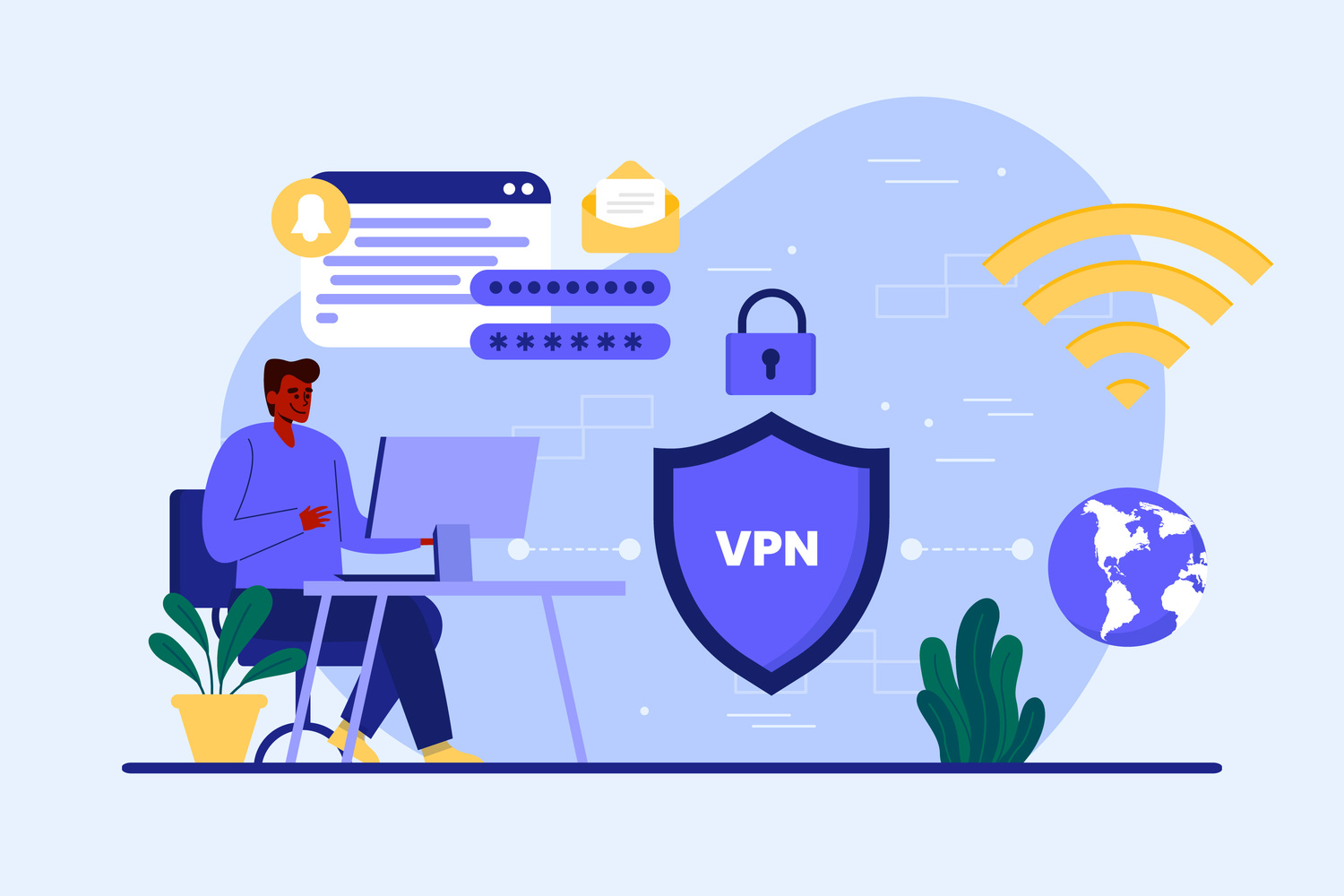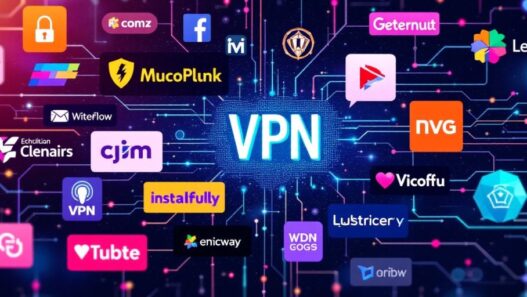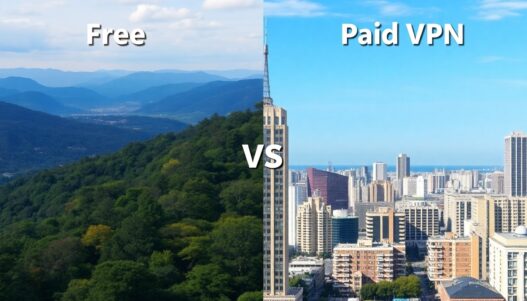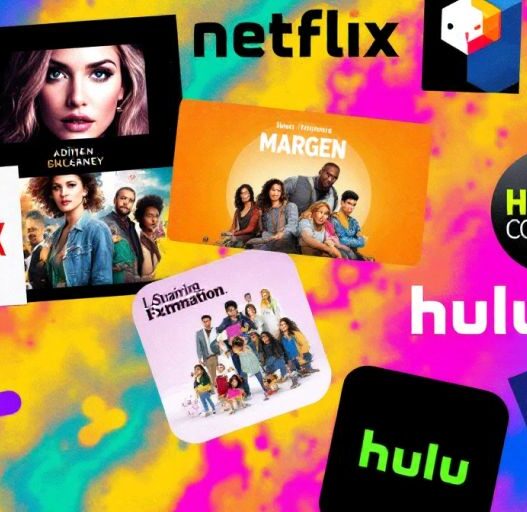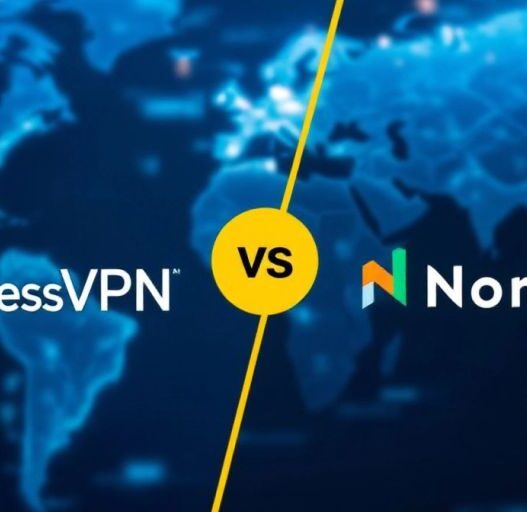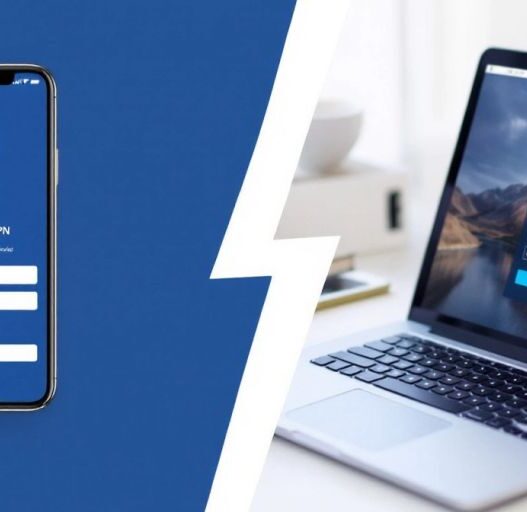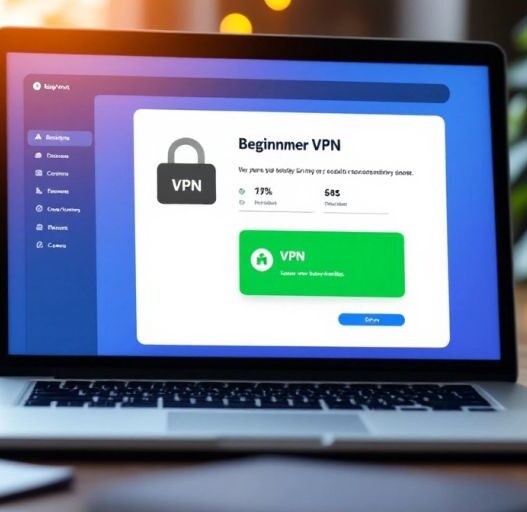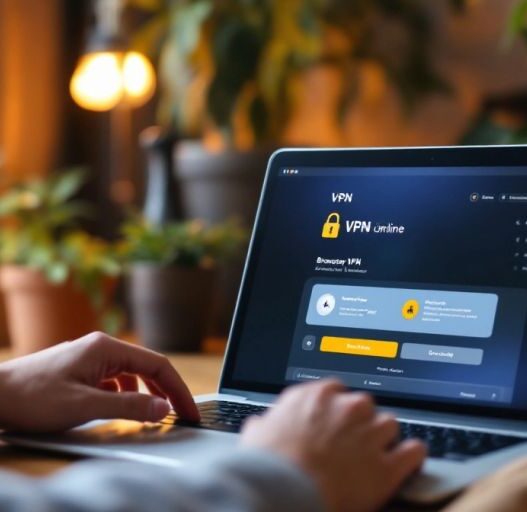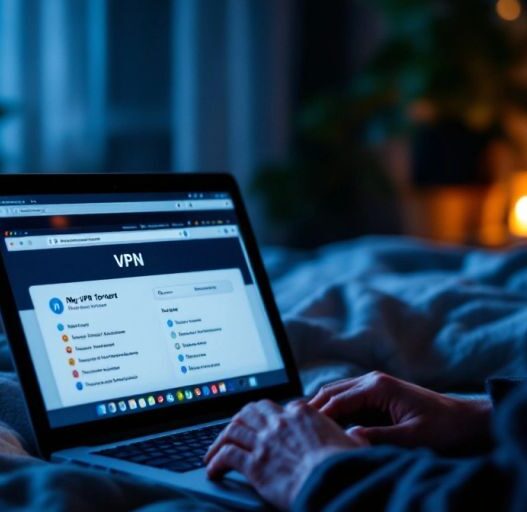In today’s digital age, choosing the right VPN can be a tough decision. With options ranging from free to paid services, it’s essential to understand the key differences and what each type offers. This article will explore the pros and cons of both free and paid VPNs, helping you determine which one best suits your needs.
Key Takeaways
- Free VPNs can be tempting, but they often come with risks like weaker security and privacy.
- Paid VPNs provide better protection and faster speeds, making them ideal for regular use.
- If you only need a VPN for occasional browsing, a free option might work for you.
- For activities like streaming or remote work, a paid VPN is usually the better choice.
- Always research and choose reputable VPN providers to ensure your online safety.
Understanding the Basics of VPNs
Virtual Private Networks (VPNs) are tools that help you stay safe and private online. They create a secure connection between your device and the internet, making it harder for others to see what you’re doing. Using a VPN can protect your personal information from hackers and snoopers.
What is a VPN?
A VPN is a service that encrypts your internet connection. This means it scrambles your data so that no one can read it. When you use a VPN, your online activities are hidden from your internet service provider (ISP) and other third parties.
How VPNs Work
VPNs work by routing your internet traffic through a server owned by the VPN provider. Here’s how it generally works:
- You connect to the internet through your VPN.
- Your data is encrypted and sent to the VPN server.
- The server sends your data to the website you want to visit.
- The website responds, and the data goes back through the VPN server to you.
Common Uses of VPNs
People use VPNs for various reasons, including:
- Enhancing security on public Wi-Fi networks.
- Accessing restricted content in different countries.
- Maintaining privacy while browsing the internet.
VPNs are not just for tech-savvy users; they are essential tools for anyone who values their online privacy.
If you’re considering a VPN, some of the top services include NordVPN, ExpressVPN, and CyberGhost. These providers offer strong security features and reliable performance.
In conclusion, using a VPN can significantly enhance your online security and privacy. Take the step to protect your digital life today!
Key Differences Between Free and Paid VPNs
When considering Free vs Paid VPNs, it’s essential to understand what each type offers. VPNs, or Virtual Private Networks, are tools that help protect your online privacy and security. They create a secure connection to the internet, allowing you to browse safely and access content from different regions.
Cost and Pricing Models
- Free VPNs: No upfront costs, but may have hidden fees like ads or data selling.
- Paid VPNs: Require a subscription fee, which funds better services and security.
- Freemium Models: Some paid VPNs offer limited free versions to attract users.
Security and Privacy Features
| Feature | Free VPNs | Paid VPNs |
|---|---|---|
| Encryption | Often weak | Strong (AES 256-bit) |
| No-logs Policy | Rarely enforced | Commonly enforced |
| Data Selling | Possible | Not allowed |
Speed and Performance
- Free VPNs: Often slower due to limited servers and bandwidth.
- Paid VPNs: Generally faster with more server options and better performance.
- Latency: Free services may experience higher latency, affecting streaming and gaming.
Server Availability and Locations
- Free VPNs: Limited server locations, which can restrict access to content.
- Paid VPNs: Extensive server networks worldwide, allowing for better access to global content.
- User Experience: Paid services often provide a smoother experience with fewer interruptions.
In summary, while free VPNs can be tempting, they often come with significant drawbacks. If you value your online security and speed, investing in a paid VPN is usually the better choice.
Advantages and Disadvantages of Free VPNs
When considering a VPN, you might be tempted by the idea of a free service. Free VPNs can seem like a great way to enhance your online privacy without spending a dime. However, it’s essential to weigh the pros and cons before making a decision.
Pros of Using Free VPNs
- No upfront costs: You can download and use them without needing a credit card.
- Risk-free trial: They allow you to explore different providers and features without financial commitment.
- Basic privacy protection: They can offer some level of internet security and privacy.
Cons of Using Free VPNs
- Limited data and speed: Many free VPNs impose data caps and may slow down your connection.
- Weak security measures: Some free VPNs may not use strong encryption, putting your data at risk.
- Ad-supported: Free services often bombard you with ads or may sell your data to advertisers.
| Feature | Free VPNs | Paid VPNs |
|---|---|---|
| Cost | Free | Monthly/Yearly Fee |
| Data Limits | Yes | No |
| Speed | Often Slow | Generally Fast |
| Security | Basic | Advanced |
| Server Locations | Limited | Extensive |
In summary, while free VPNs can be appealing, they often come with significant limitations that can compromise your online experience and security.
In conclusion, if you’re considering a VPN, it’s crucial to assess your needs. For casual browsing, a free VPN might suffice, but for more sensitive activities, a paid VPN is usually the better choice. Explore options like ExpressVPN or Surfshark for reliable service and enhanced security. Remember, investing in a good VPN can provide peace of mind and better online experiences.
Advantages and Disadvantages of Paid VPNs

When considering a VPN, you might wonder if paying for one is worth it. Paid VPNs offer a range of features that can significantly enhance your online experience. Here’s a closer look at the pros and cons of using a paid VPN.
Pros of Using Paid VPNs
- Better Security: Paid VPNs invest in advanced security features, making it harder for hackers to access your data.
- Faster Speeds: With paid services, you often enjoy faster connection speeds, which is great for streaming and gaming.
- More Server Options: Paid VPNs usually have a larger number of servers in various locations, allowing you to bypass geo-restrictions easily.
Cons of Using Paid VPNs
- Cost: The main downside is that you have to pay a monthly or yearly fee.
- Variable Features: Not all paid VPNs offer the same features, so it’s important to choose wisely.
- Commitment: You may need to commit to a subscription, which can be a downside if you only need a VPN for a short time.
When Paid VPNs Are Worth It
- For Frequent Travelers: If you travel often and need secure access to your home content, a paid VPN is a smart choice.
- For Streaming Services: If you want to access content from different countries, paid VPNs can help you do that without issues.
- For Enhanced Privacy: If online privacy is a priority for you, investing in a paid VPN can provide peace of mind.
In summary, while free VPNs may seem appealing, they often come with limitations that can compromise your security and experience. Paid VPNs, on the other hand, offer robust features that can enhance your online activities.
Choosing the right VPN can make a big difference in your online safety and enjoyment. If you’re ready to take the plunge, consider top VPN services like ExpressVPN or Surfshark for their excellent features and reliability.
How to Choose the Right VPN for Your Needs
When it comes to selecting a VPN, it’s important to find one that fits your specific needs. VPNs can help protect your online privacy and allow you to access content from anywhere. Here are some key factors to consider:
Assessing Your Security Needs
- Determine what level of security you require based on your online activities.
- Look for features like strong encryption and a no-logs policy.
- Consider if you need a kill switch to protect your data if the VPN connection drops.
Evaluating Speed and Performance
- Check the speed of the VPN, especially if you plan to stream videos or play games.
- Look for reviews that compare download and upload speeds.
- Consider a VPN that offers unlimited bandwidth for a smoother experience.
Considering Cost and Budget
- Free VPNs may seem appealing, but they often come with limitations.
- Paid VPNs usually offer better security, speed, and customer support.
- Look for VPNs that provide a money-back guarantee or free trials to test their services.
Checking Server Locations and Availability
- A wide range of server locations can help you access content from different countries.
- Ensure the VPN has servers in the regions you need.
- Check if the VPN can bypass restrictions in countries with heavy internet censorship.
Choosing the right VPN is crucial for your online safety and access to content. Take your time to evaluate your options.
In conclusion, whether you opt for a free or paid VPN, understanding your needs will guide you to the best choice. For those who prioritize security and performance, investing in a paid VPN is often worth it. Explore top VPN services that fit your needs and enjoy a safer online experience.
Real-World Scenarios: Free vs Paid VPNs

When it comes to choosing between free and paid VPNs, it’s essential to consider how you plan to use them. VPNs can help you stay safe online, but the right choice depends on your needs. Here’s a breakdown of different scenarios:
For Casual Browsing
- Free VPNs can be sufficient for light users who just want to browse the web without revealing their location.
- They often have limited features but can still provide basic privacy.
- However, be cautious as some free VPNs may sell your data.
For Streaming and Torrenting
- Paid VPNs are generally better for streaming services like Netflix or for torrenting.
- They offer faster speeds and more reliable connections, which are crucial for uninterrupted viewing.
- Paid options also provide access to a wider range of servers, making it easier to bypass geo-restrictions.
For Business and Remote Work
- Paid VPNs are a must for businesses or remote workers who need strong security.
- They offer advanced encryption and privacy features that protect sensitive data.
- Additionally, paid services often include customer support, which can be vital for troubleshooting issues.
| Feature | Free VPNs | Paid VPNs |
|---|---|---|
| Speed | Slower and throttled | Faster and more reliable |
| Security | Basic encryption | Advanced encryption |
| Server Locations | Limited | Wide range of options |
| Customer Support | Minimal | 24/7 support available |
In summary, while free VPNs can work for casual use, paid VPNs provide better security, speed, and support for more demanding tasks.
Choosing the right VPN can make a significant difference in your online experience. If you value your privacy and need reliable performance, consider investing in a paid VPN service.
Expert Opinions and User Reviews
What Experts Say About Free VPNs
Many experts caution against using free VPNs due to potential risks. Free VPNs often lack strong security measures, which can expose your data to hackers. They may also sell your data to third parties, compromising your privacy. However, some free options can be suitable for light use, like browsing or accessing geo-blocked content occasionally.
What Experts Say About Paid VPNs
Paid VPNs are generally recommended for serious users. They offer better security, faster speeds, and more reliable connections. Experts highlight that investing in a paid VPN can significantly enhance your online privacy and security. Services like ExpressVPN and NordVPN are often praised for their robust features and user-friendly interfaces.
User Experiences and Testimonials
User reviews can provide valuable insights into VPN performance. Here are some common points from users:
- Speed: Many users report that paid VPNs offer faster speeds compared to free ones.
- Customer Support: Paid services often provide better customer support, helping users resolve issues quickly.
- Privacy: Users appreciate the strong privacy policies of paid VPNs, which often include no-logs guarantees.
| Feature | Free VPNs | Paid VPNs |
|---|---|---|
| Security | Basic | Advanced |
| Speed | Slower | Faster |
| Customer Support | Limited | 24/7 Support |
| Data Logging | Possible | No-Logs |
Choosing the right VPN is crucial for your online safety. Always consider expert opinions and user reviews before making a decision.
In conclusion, whether you choose a free or paid VPN, understanding the pros and cons is essential. If you value your online privacy and security, investing in a paid VPN is often the best choice. Take the time to research and find a service that fits your needs.
Final Thoughts on Free vs Paid VPNs
In summary, choosing between a free and a paid VPN depends on your needs. Free VPNs can be useful for light browsing, but they often come with risks like slower speeds and less security. On the other hand, paid VPNs offer better protection, faster connections, and more features. If you care about your online safety and privacy, investing in a paid VPN is usually the best choice. Remember, while free options might seem appealing, they often come with hidden costs. So, think carefully about what you need before making a decision.
Frequently Asked Questions
What is a VPN and how does it work?
A VPN, or Virtual Private Network, is a tool that helps keep your online activities private. It creates a secure connection to another network over the Internet, allowing you to browse safely and access restricted content.
Are free VPNs safe to use?
Free VPNs can be risky. They might sell your data or have weaker security measures. It’s important to research and choose a trustworthy service.
What are the main differences between free and paid VPNs?
Paid VPNs usually offer better security, faster speeds, and more server options. Free VPNs often have limitations and might compromise your privacy.
Can I use a free VPN for streaming services like Netflix?
Many free VPNs struggle with streaming services like Netflix because they often get blocked. Paid VPNs are usually more reliable for this.
How do free VPNs make money?
Free VPNs often make money by showing ads, selling user data, or offering paid upgrades. This can affect your privacy.
Is it worth paying for a VPN?
If you care about security and privacy, paying for a VPN is usually worth it. Paid services provide stronger protection and better performance.
